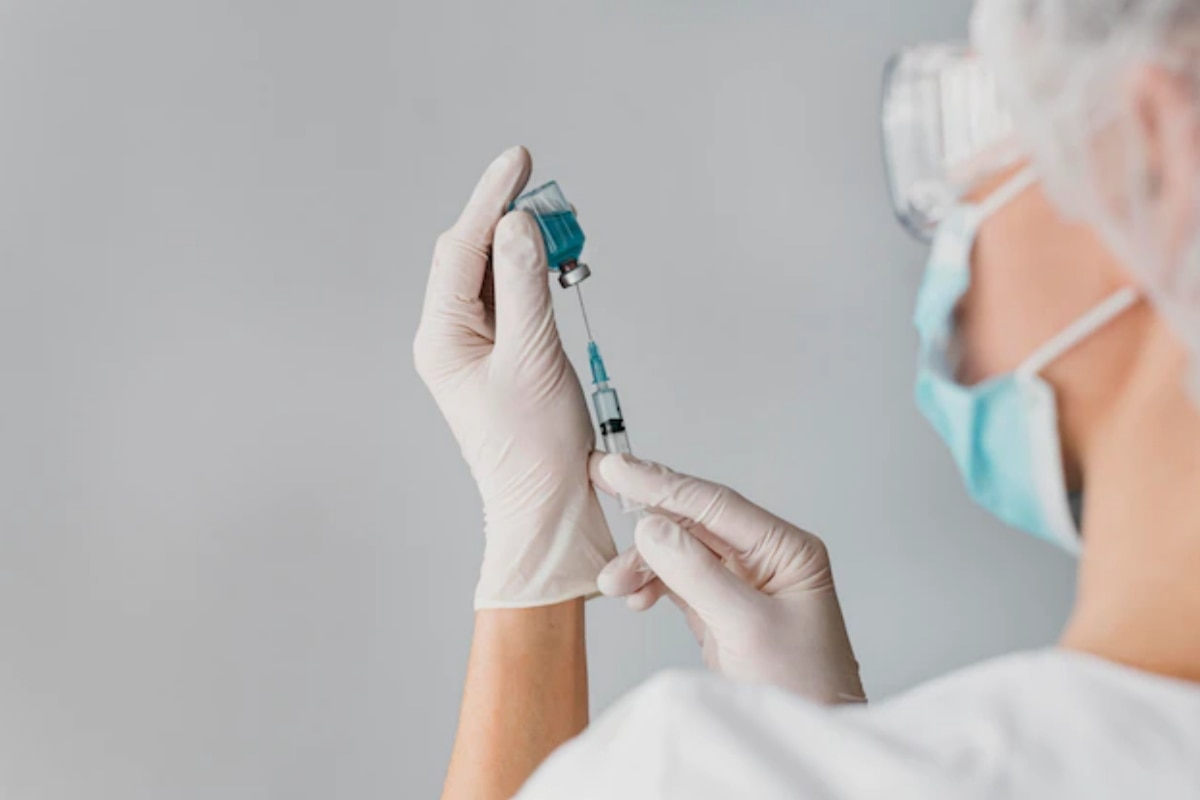HPV infections are frequently spread through sexual intercourse or other skin-to-skin contact. The HPV strains that are most likely to cause genital warts or cervical cancer can be prevented with vaccines.
What is the HPV vaccine? The Human Papillomavirus (HPV) vaccine is an antidote that protects against nine different forms of HPV infection. HPV is a virus that infects everyone and can cause cancer of the cervix, mouth, throat, anus, and penis, as well as genital warts. Did you know that there is currently no therapy or cure for HPV? Dr Thejaswini J, Consultant, OB/GYN, Motherhood Hospitals, Bangalore, talks about the importance of the HPV vaccine, associated concerns, and potential side effects.
WHAT IS THE HUMAN PAPILLOMA VIRUS (HPV)?
HPV cases are extremely common; According to the US CDC, almost everyone will get HPV at some point in their lives. Under most circumstances, most people with HPV do not have symptoms and do not know they have it. The only way to identify HPV in women is by having regular cervical screening tests after they become sexually active. Therefore, it is strongly recommended that everyone in the eligible age group get vaccinated. It is recommended that children receive the vaccine around the age of 11 or 12 so that they are fully protected years before sexual activity begins. According to research, the vaccine tends to be more effective when taken before sexual activity. However, regardless of your age, you can check with your doctor to see if the HPV vaccine is right for you.
HPV VACCINATION: EVERYTHING YOU NEED TO KNOW
A series of injections is used to provide the HPV vaccine. It takes about six months to receive all three treatments. Children nine to fourteen years old only need two doses. For people ages 15 to 45, HPV vaccination consists of three doses. The second injection is given two months after the first. The third dose is given four months after the second.
SIDE EFFECTS OF HPV VACCINATION
Many studies have shown that the HPV vaccine is safe. Side effects can happen with any medicine, including vaccines.
- Pain, redness and/or swelling at the injection site are the most typical side effects after vaccination. These symptoms appear around four out of five vaccinations, although they are transient and indicate that the immune system is reacting to the immunization.
- After the injection, some people experience dizziness or fainting. The risk of fainting can be reduced by sitting still for 15 minutes after the injection.
- Serious side effects, such as anaphylaxis (a severe allergic response), are relatively rare. A cold compress or paracetamol can be used to relieve these symptoms (if necessary).
However, no vaccine can cure a pre-existing HPV infection in a person. Vaccines only protect you from HPV strains you haven’t already been exposed to.
Note: It is not recommended that pregnant women or those who are moderately or severely ill receive the HPV vaccine. If you have any severe allergies, such as allergies to latex or yeast, tell your doctor ahead of time.
